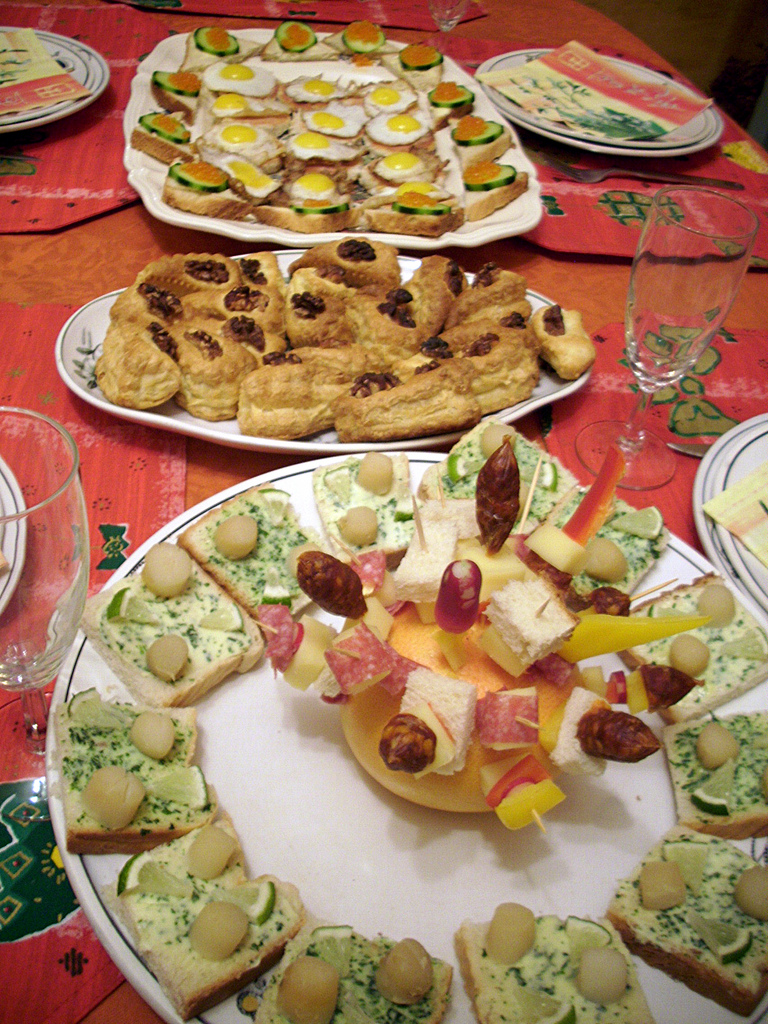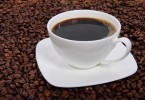Many English words have a French origin; these include, according to Wikipedia, art, competition, force, machine, police, publicity, role, routine, table and many more. While these words are now totally anglicised, what are more fascinating are French words or phrases that are still used in their original form and add a certain richness to what we write or speak.
I am sure most of you are aware of and have, undoubtedly, used French words and phrases in your conversations and correspondence. To refresh your lexicon, or to add to it, here are a few of the more common ones:
* abattoir (noun): (ab/ah/twa) a slaughterhouse
* à la carte (adjective): (ah/la/kart) food that can be ordered as separate items (in a restaurant) rather than part of a set meal
* aperitif (noun): (a/pay/ree/teef) an alcoholic drink taken before a meal to stimulate the appetite
* avant-garde (noun): (ah/van/guard) new and experimental ideas and methods in art, music or literature
* bon appétit (exclamation): (bon/app/e/ti) used as a salutation to a person about to eat
* carte blanche (noun): (cart/blaan/ch) complete freedom to act as one wishes
* c’est la vie (exclamation): (say/la/vee) used to express acceptance or resignation in the face of a difficult or unpleasant situation
* coup d’état (noun): (coo/de/taa) a sudden, violent, and illegal seizure of power from a government. Of course, today, the word coup works as well as the complete phrase
* coup de grâce (noun): (coo/da/gra) a final blow or shot given to kill a wounded person or animal
* crème de la crème (noun): (crem/de/la/crem) the best person or thing of a particular kind
* cul-de-sac (noun): (cul/de/sack) a street or passage closed at one end
* déjà vu (noun): (de/jaa/view)the feeling of having experienced the present situation
* double entendre (noun): (doobla/on/taang) a word or phrase open to two interpretations, one of which is usually risqué or indecent
* eau de toilette (noun): (oo/de/twa/let) a dilute form of perfume; toilet water
* enfant terrible (noun): (au/faa/terri) a person who behaves in an unconventional or controversial way
* fait accompli (noun): (fate/a/come/pli) a thing that has already happened or been decided before those affected hear about it, leaving them with no option but to accept it
* faux pas (noun): (fo/paa) an embarrassing or tactless act or remark in a social situation
* femme fatale (noun): (faime/fa/taal) an attractive and seductive woman, especially one who will ultimately cause distress to a man who becomes involved with her
* force majeure (noun): (force/ma/jhare) unforeseeable circumstances that prevent someone from fulfilling a contract
* haute couture (noun): (hote/ca/ture) the designing and making of high-quality fashionable clothes by leading fashion houses
* hors d’oeuvre (noun): (au/dove) a small savoury dish, typically one served as an appetizer
* joie de vivre (noun): (jhua/da/vee) exuberant enjoyment of life
* laissez- faire (noun): (le/say/fair) the policy of leaving things to take their own course, without interfering; in economics, abstention by governments from interfering in the workings of the free market
* panache (noun): (pa/naash) flamboyant confidence of style or manner
* par excellence (adjective): (paar/exci/lance) better or more than all the others of the same kind
* pastiche (noun): (pass/teesh) an artistic work in a style that imitates that of another work, artist, or period; as a verb, imitate the style of (a work or artist)
* potpourri (noun): (po/pouri) a mixture of dried petals and spices placed in a bowl to perfume a room; also, and now very common, a mixture or medley of things
* raison d’être (noun): (raise/au/detr) the most important reason or purpose for someone or something’s existence
* sangfroid (noun): (sang/fua) composure or coolness shown in danger or under trying circumstances
* savoir-faire (noun): (sae/vua/fair) the ability to act or speak appropriately in social situations
* soirée (noun): (sua/ray) an evening party or gathering, typically in a private house, for conversation and music
* tête-à-tête (noun): (tait/aa/tait) a private conversation between two people; also, an S-shaped sofa on which two people can sit face to face
* touché (exclamation): (too/shae) used as an acknowledgement during a discussion of a good or clever point made at one’s expense by another person; in fencing, used as an acknowledgement of a hit by an opponent
* volte-face (noun): (volt/faas) an abrupt and complete reversal of attitude, opinion, or position; an act of turning around so as to face the opposite direction
* Definition of words from the Oxford Dictionary of English
Visual Courtesy:http://www.flickr.com/photos/eric-delcroix/







